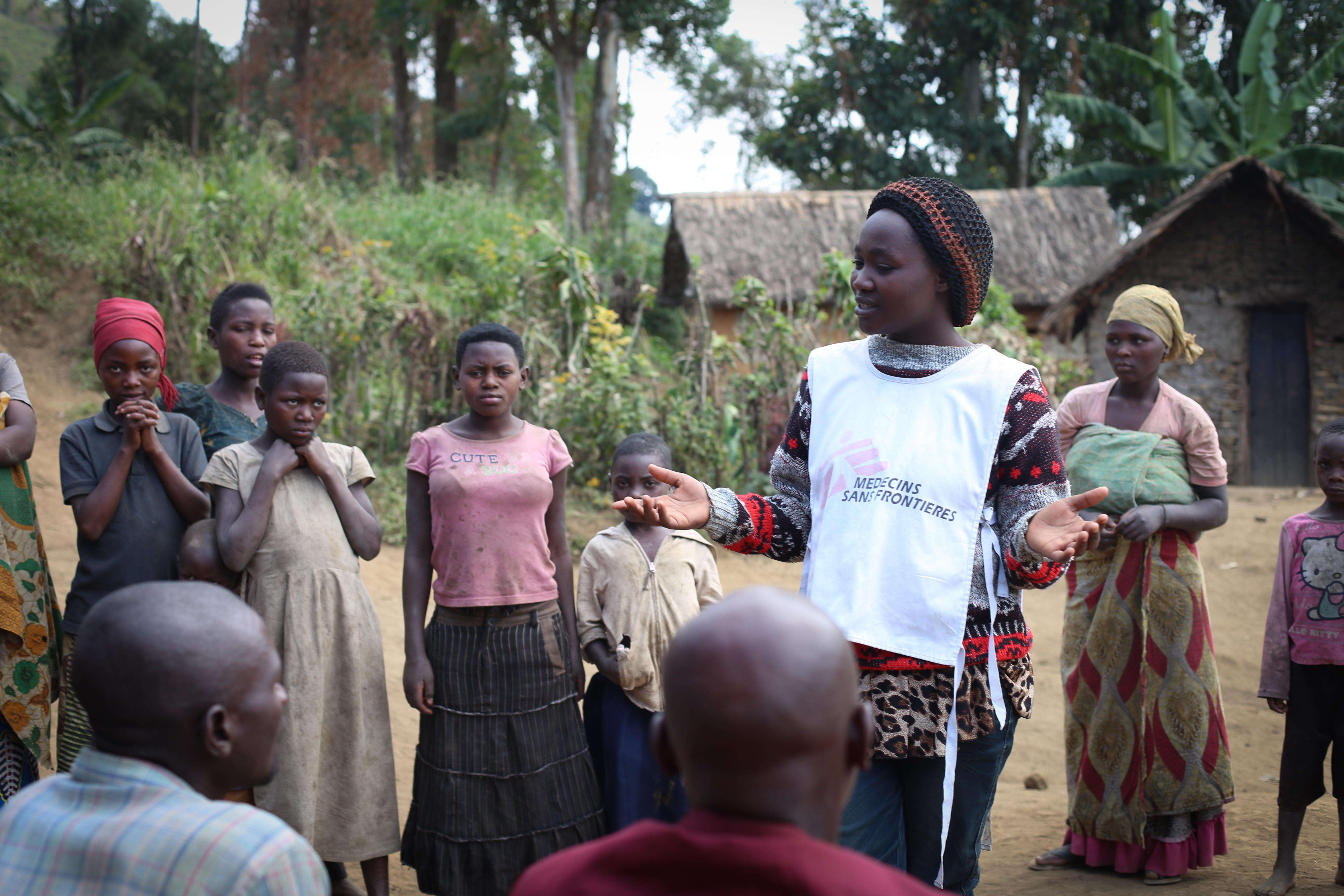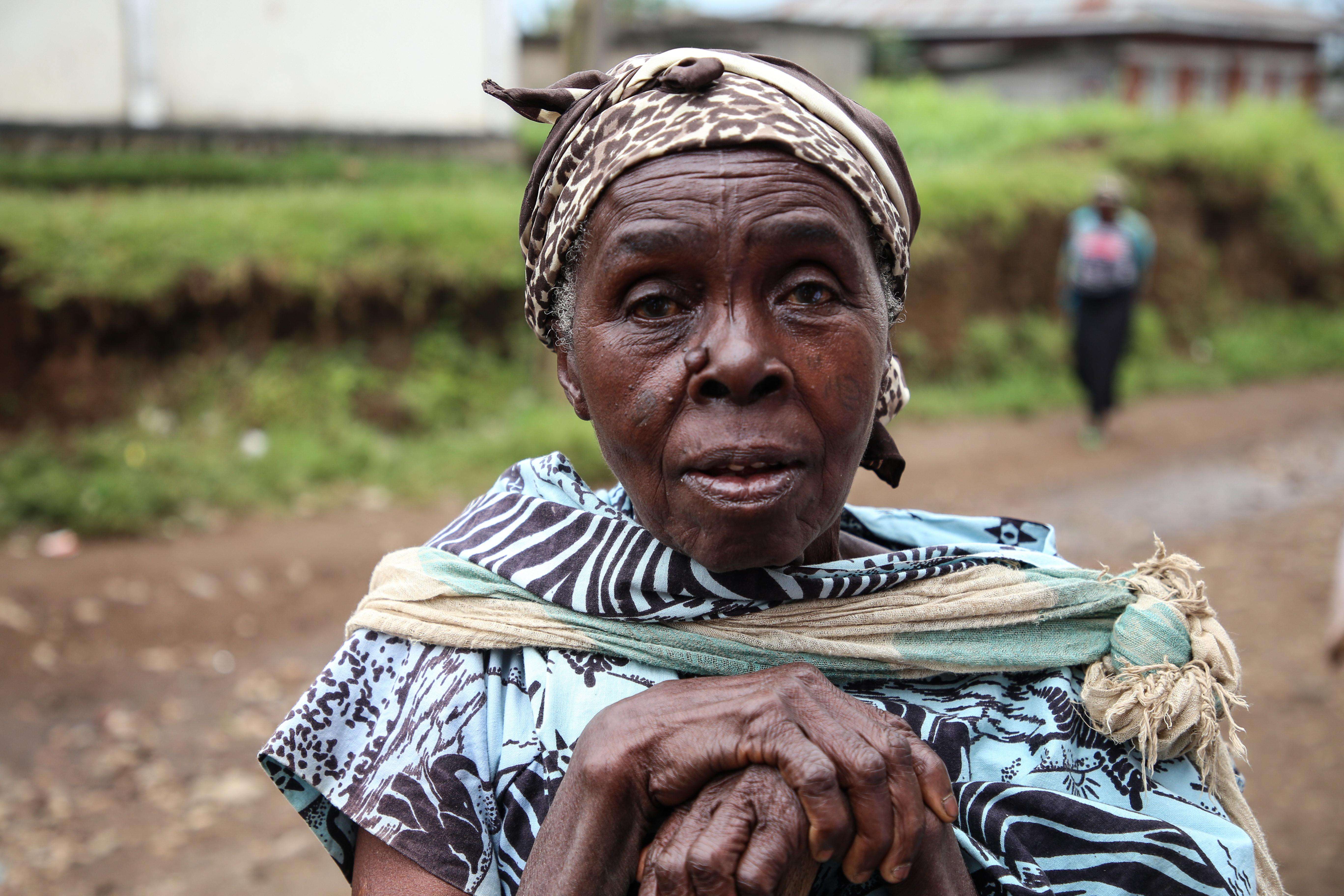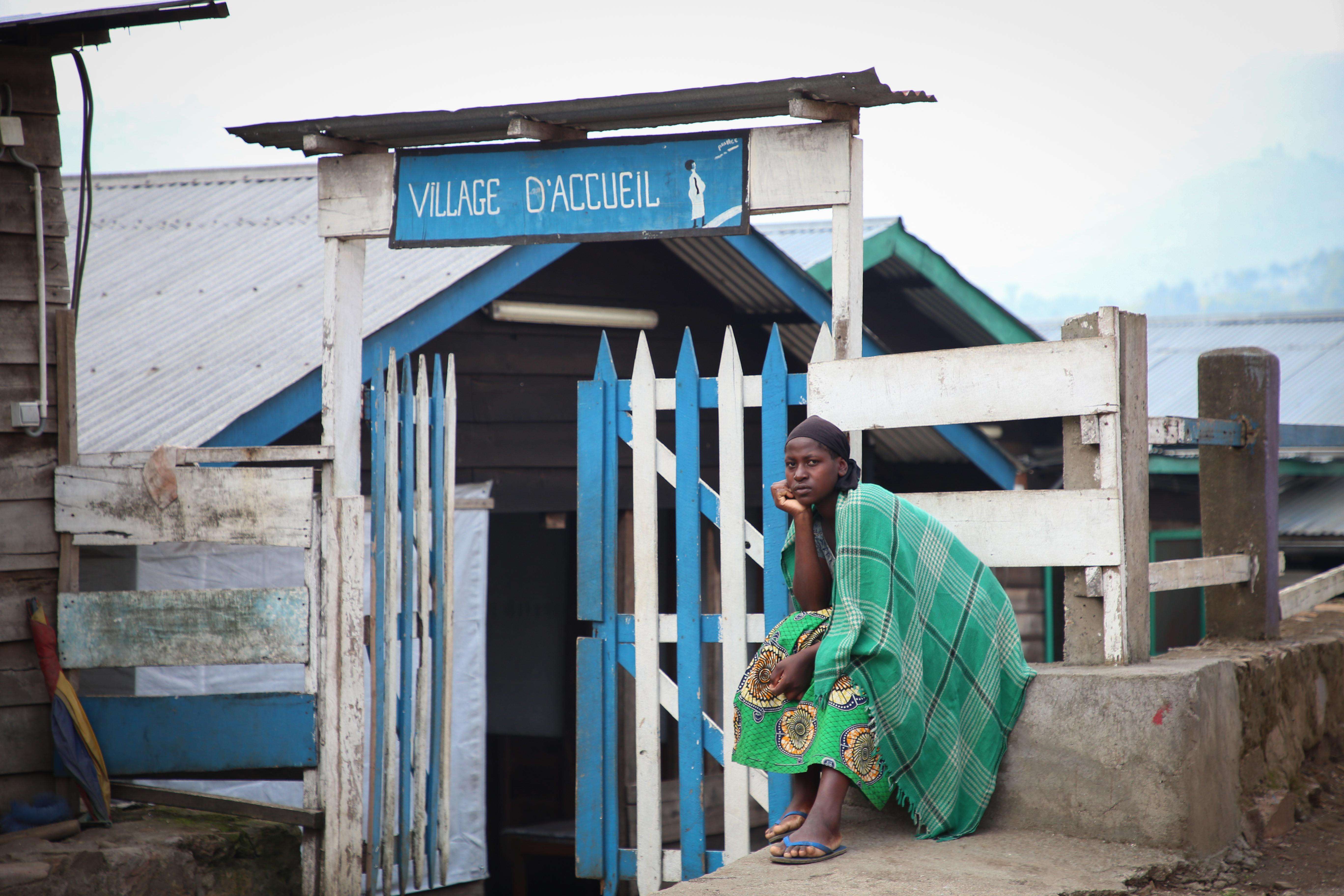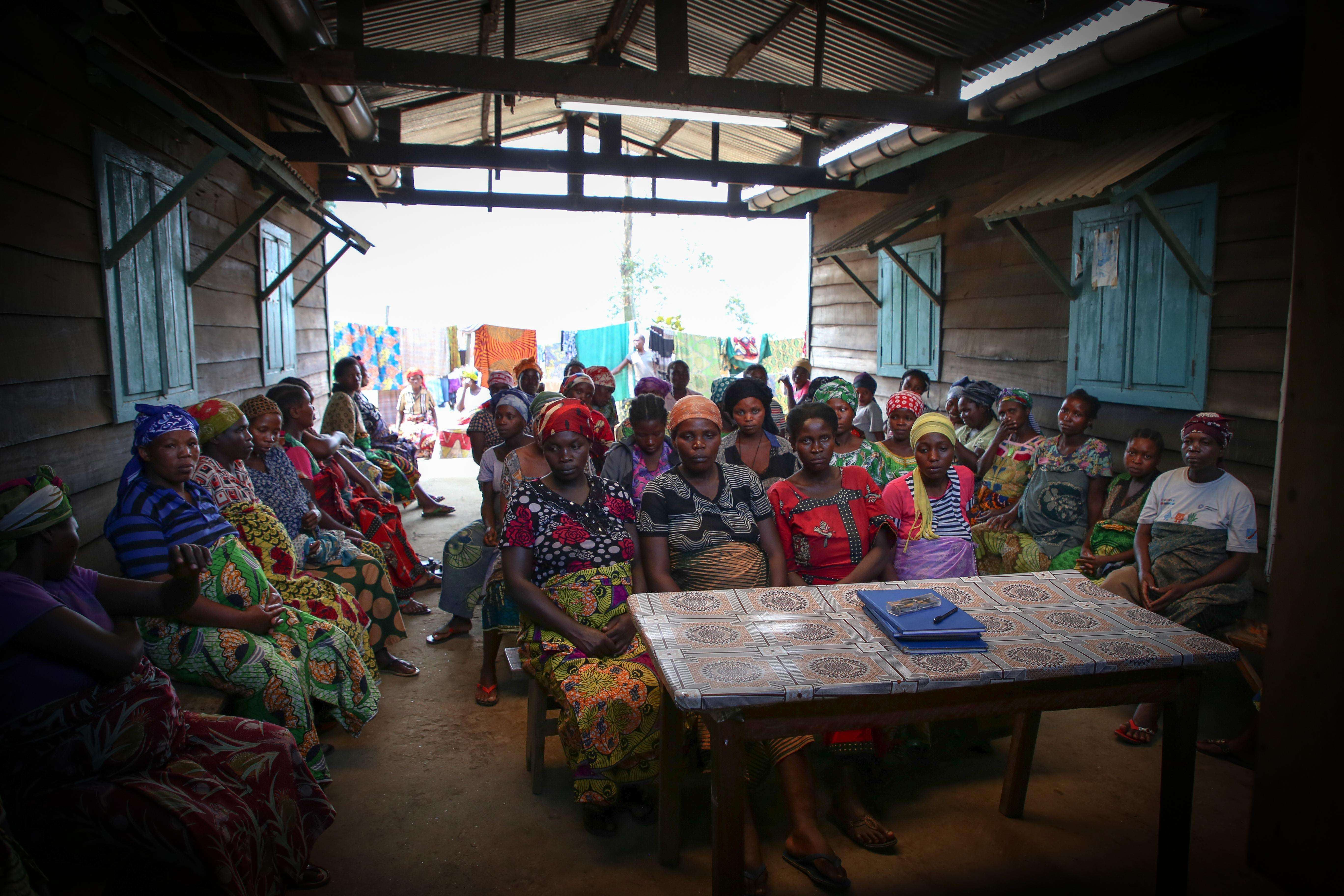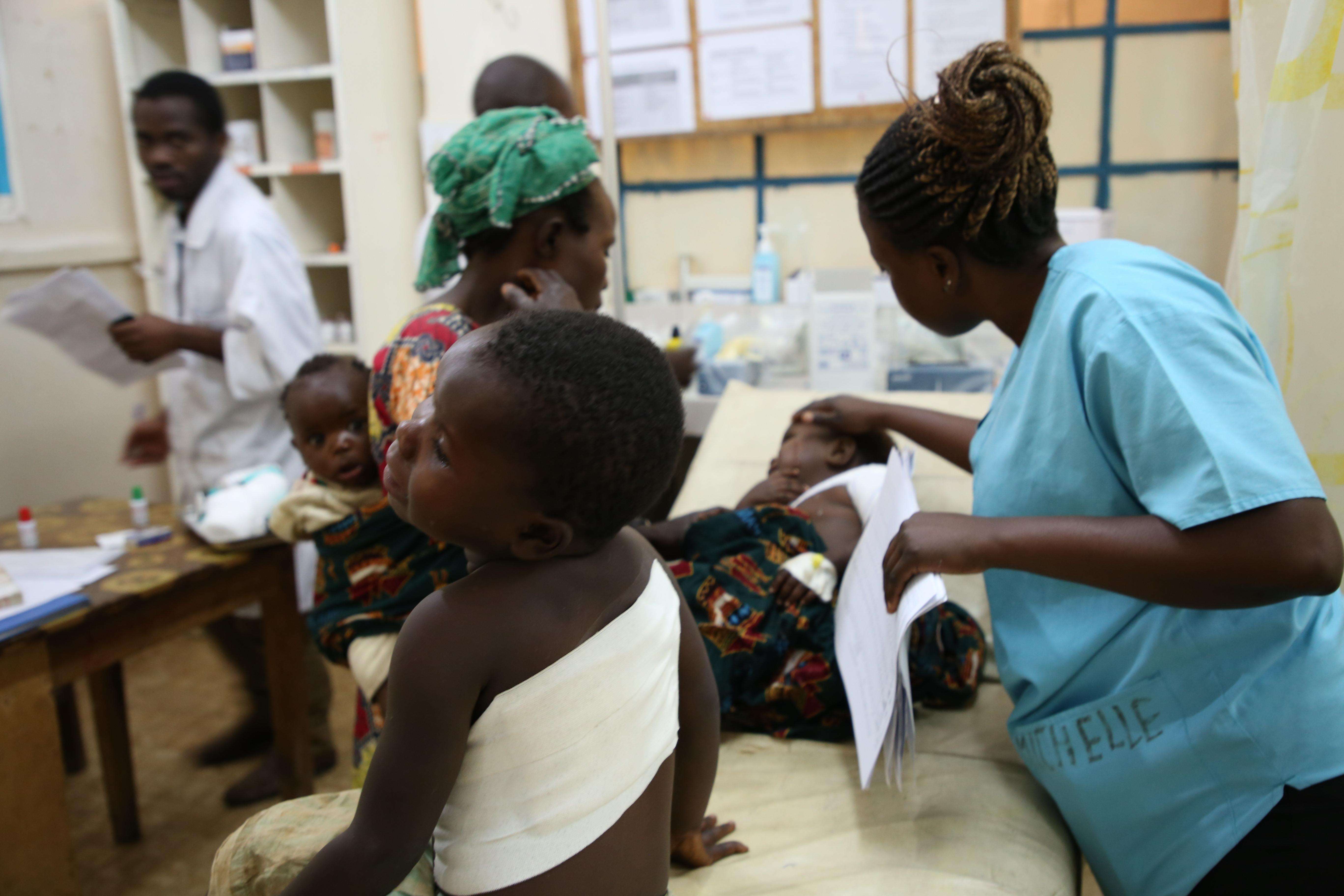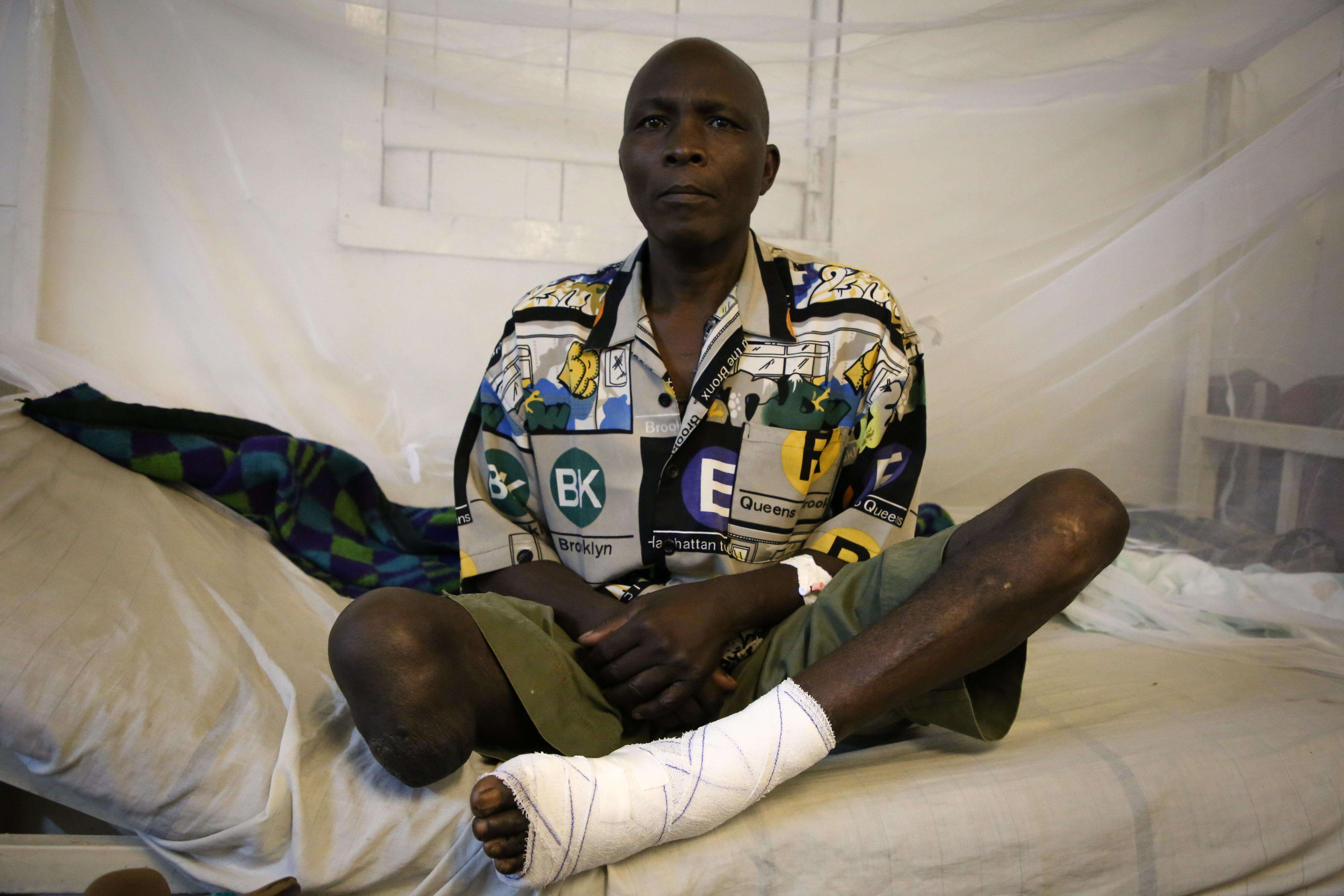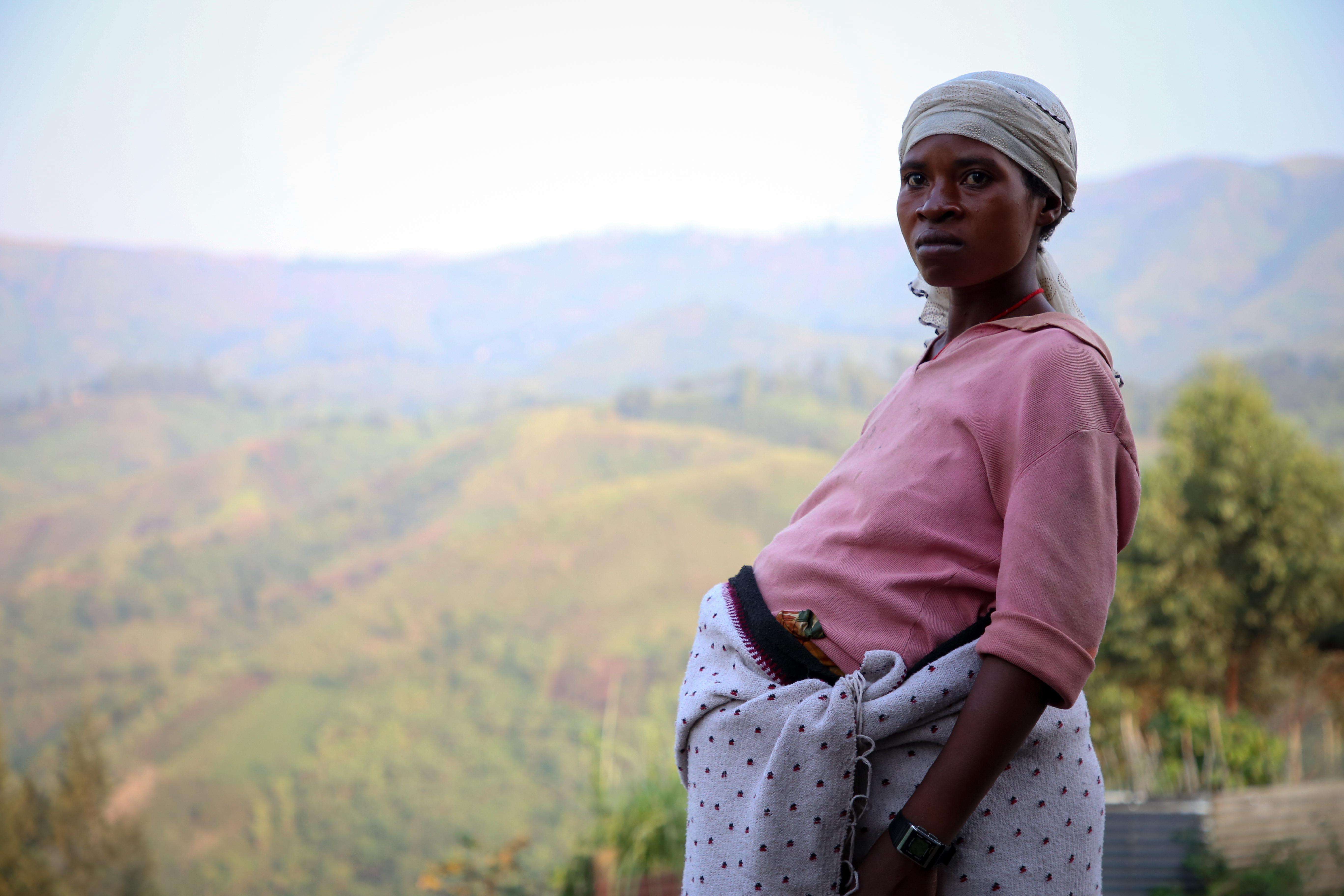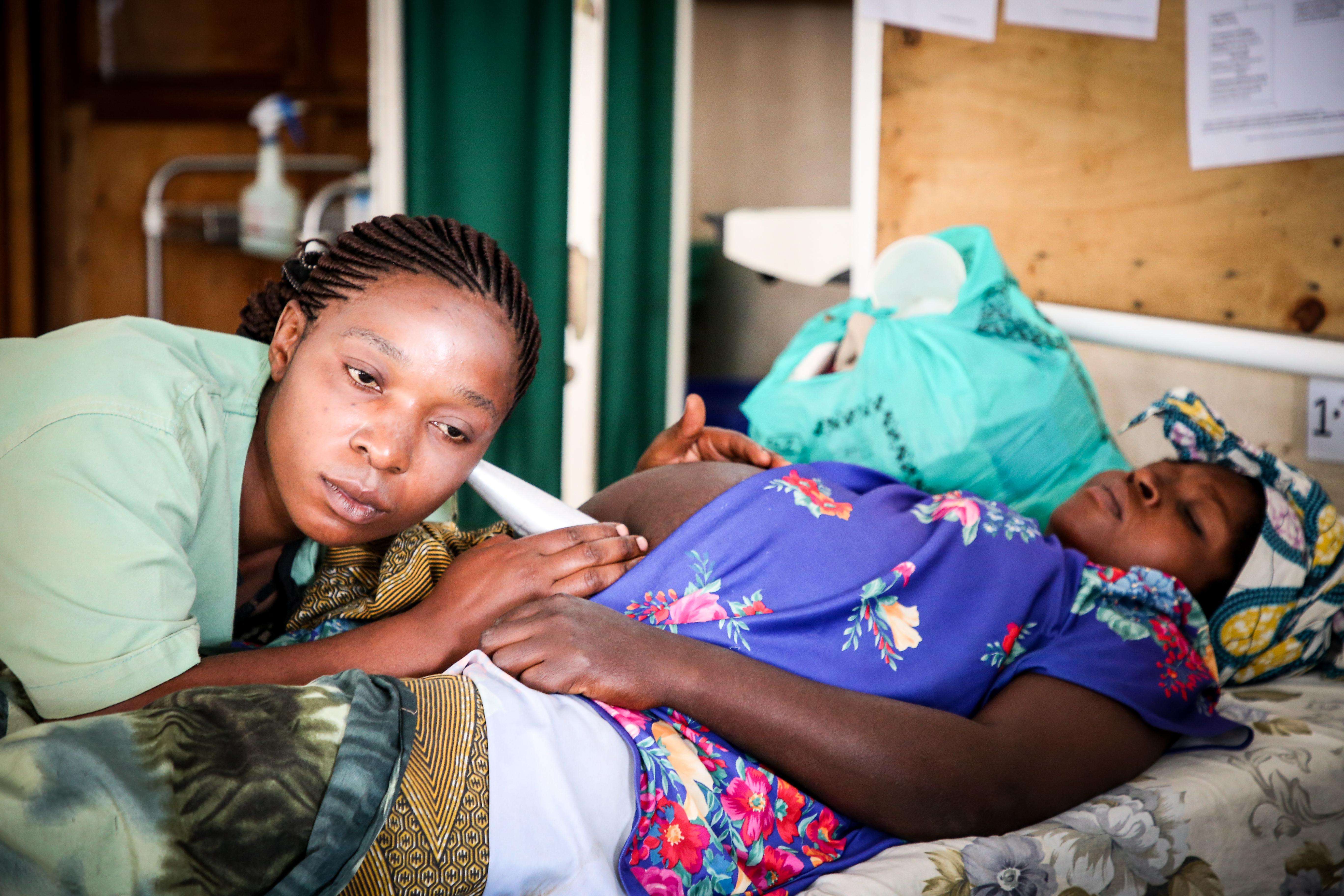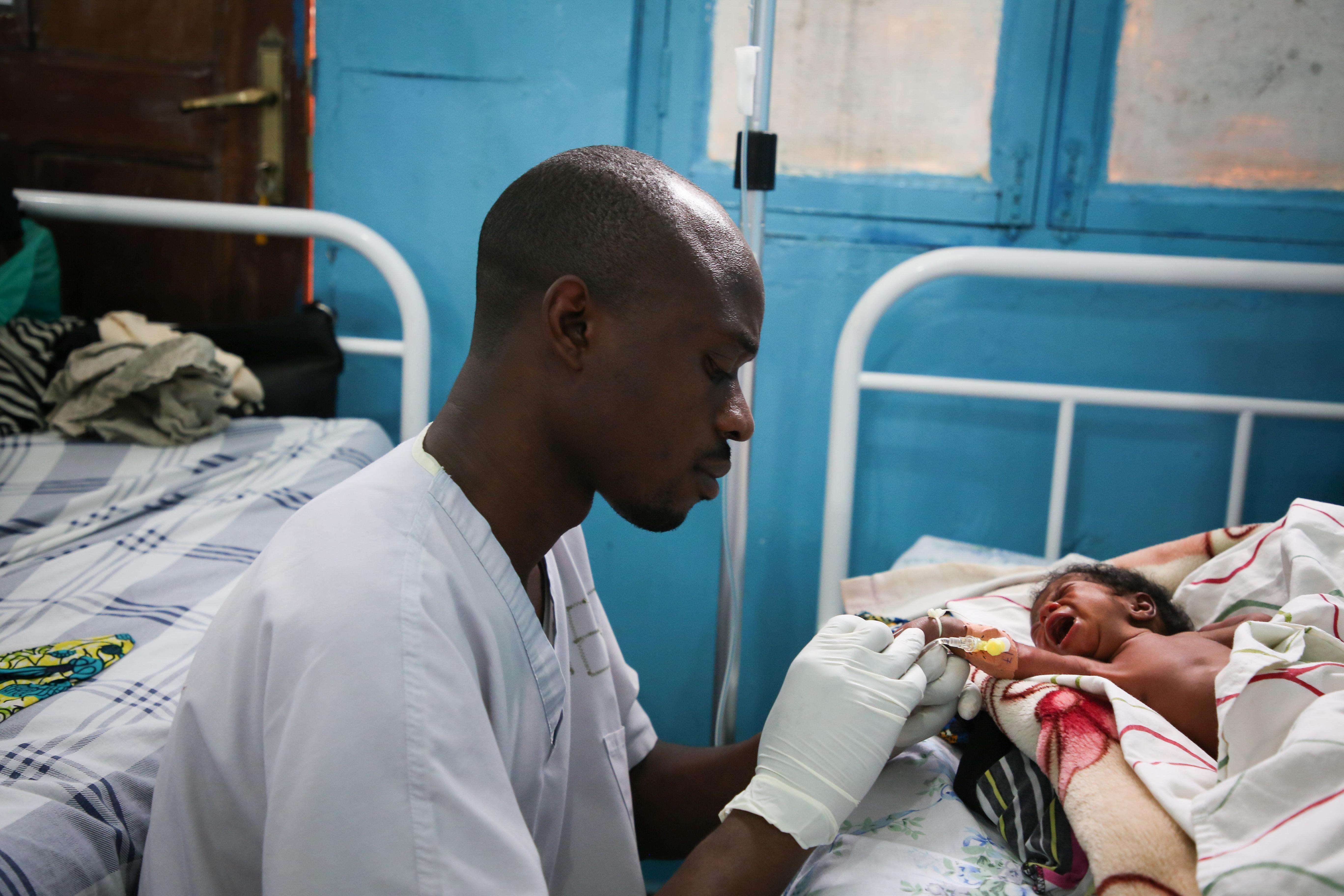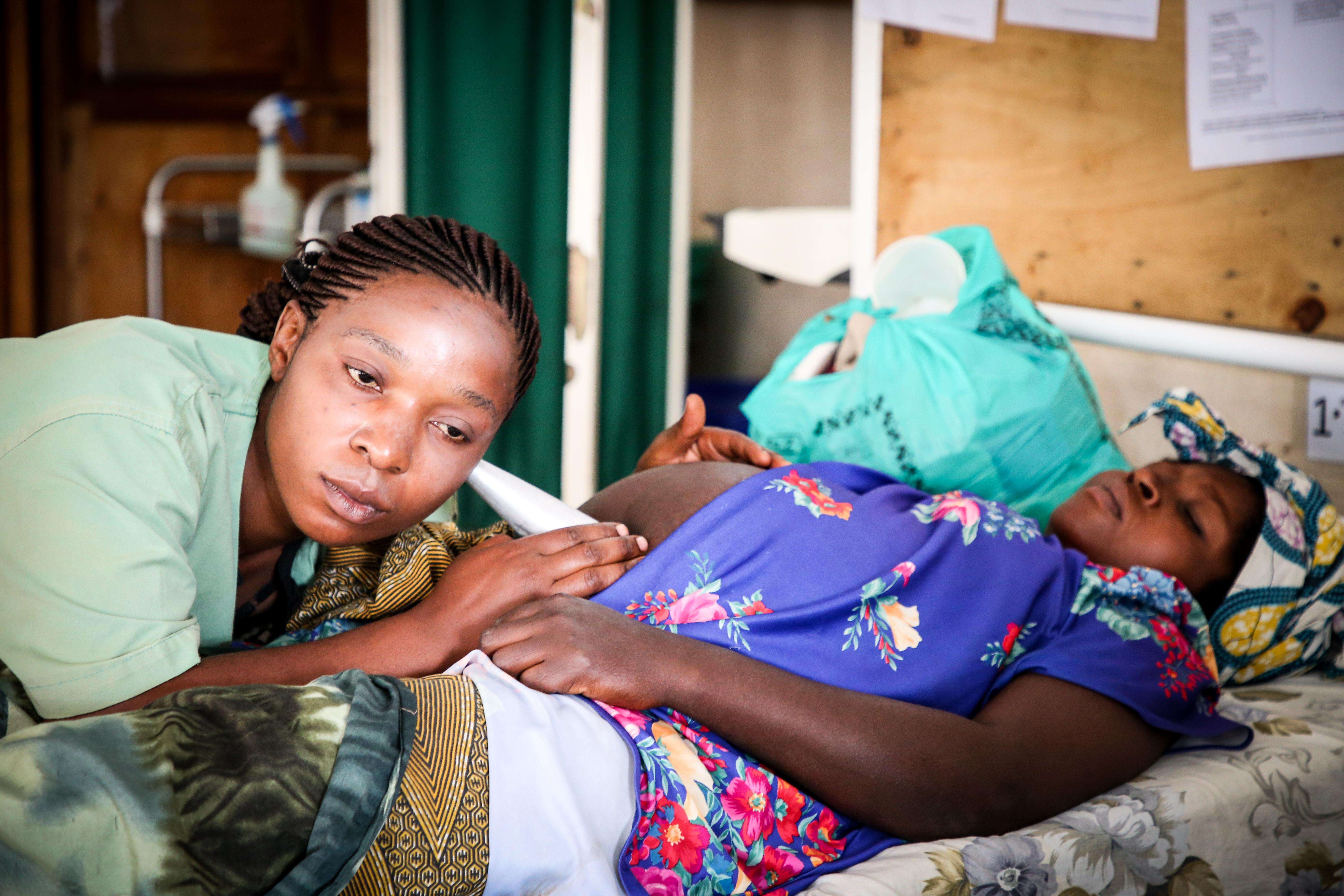Since 2007, Doctors Without Borders/Médecins Sans Frontières (MSF) has been working in Masisi in North Kivu, Democratic Republic of Congo (DRC), to provide free, high quality medical care to a population that has experienced nearly constant conflict and violence over the past 24 years.
A three-day event took place in Masisi to celebrate ten years of MSF actively intervening and addressing the medical needs of the local community in this conflict-affected region. The event also paid tribute to the efforts of both local and international MSF staff, who’ve worked tirelessly for the past ten years to guarantee access to health care in Masisi.
Since 2007, Doctors Without Borders/Médecins Sans Frontières (MSF) has been working in Masisi in North Kivu, Democratic Republic of Congo, to provide free, high quality medical care to a population that has experienced nearly constant conflict and violence over the past 24 years.
A three-day event took place in Masisi to celebrate ten years of MSF actively intervening and addressing the medical needs of the local community in this conflict-affected region. The event also paid tribute to the efforts of both local and international MSF staff, who’ve worked tirelessly for the past ten years to guarantee access to health care in Masisi.
After ten years, the humanitarian needs that triggered the launch of the project in Masisi are still present. Twenty-four years of incessant fighting—two decades of killing, violence, looting of civilians, and displacement—have plunged the population of this region into a condition of extreme vulnerability. Insecurity, geographical isolation, limited infrastructure, shortages of drugs and medical supplies, the high cost of medical care, and the lack of staff in health centers have turned access to primary health care into a struggle for the population of the Masisi area.
In July 2017, fighting between armed groups and state security forces in South Kivu and North Kivu led to the displacement of around 91,000 people. Clashes between armed groups and the Armed Forces of the Democratic Republic of the Congo (FARDC, Forces armées de la République démocratique du Congo) have grown more frequent. That violence is having an impact on the population. MSF teams in Masisi and Nyabiondo have been treating the wounded and providing medical care to people who were forced to leave their homes or were otherwise affected by the conflict. In July, the number of war-wounded treated by MSF teams was 4.5 times higher than the average for the first six months of 2017. That same month, MSF mobile teams extended their activities to new areas of North Kivu and South Kivu to ensure access to health care for displaced populations there.
